
Since ancient times, philosophers have been preoccupied with the big questions: What does it mean to live a good life? What is happiness? Does human life have a purpose or end goal? And each great thinker, from Cicero to Heidegger to Emerson, have tried to bring us closer to the answers.
Jean-Paul Sartre once said, "Everything has been figured out, except how to live." These great historical thinkers may not have come to a consensus on the nature of happiness or the human experience, but their wisdom can help all of us come to our own definition of success and happiness.
Below, 11 timeless pieces of wisdom on what it means to live well.
Aristotle
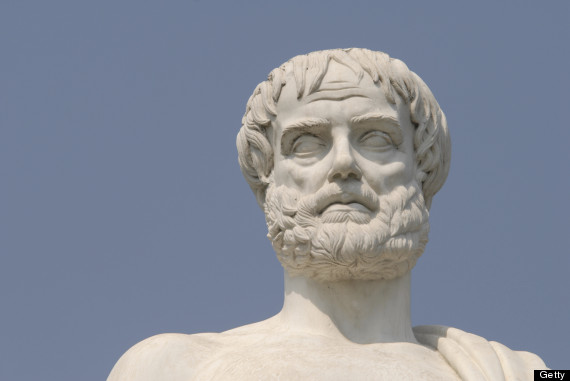
“Happiness is the meaning and the purpose of life, the whole aim and end of human existence," Aristotle wrote.
The ancient Greek philosopher came up with one of the most famous definitions of happiness, eudaimonia, or human flourishing. By this theory of self-actualization, personal well-being and happiness are the highest goals that we can strive for.
Martin Heidegger
For German phenomenologist Martin Heidegger, a good life could was not possible unless you were living authentically, directing your life on your own terms, rather than following the blueprints set by others.
“Anyone can achieve their fullest potential, who we are might be predetermined, but the path we follow is always of our own choosing," sais Heidegger. "We should never allow our fears or the expectations of others to set the frontiers of our destiny."
Jean-Paul Sartre
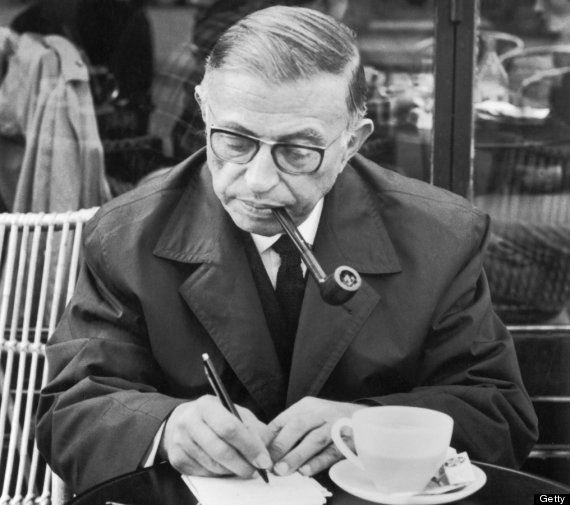
Sarte may have been most famous for saying "Hell is other people," but the French existentialist thinker also had some keen insights on happiness and the meaning of human existence. Freedom, he said, was the highest goal we could aspire to.
"Freedom is what you do with what's been done to you," said Sartre.
Ralph Waldo Emerson
To Emerson, the early American Transcendentalist thinker, taking each day in stride -- as unburdened as possible by worries about the past and future -- was the best route to a life well-lived.
“Finish each day and be done with it. You have done what you could; some blunders and absurdities have crept in; forget them as soon as you can," said Emerson. "Tomorrow is a new day; you shall begin it serenely and with too high a spirit to be encumbered with your old nonsense.”
Albert Camus
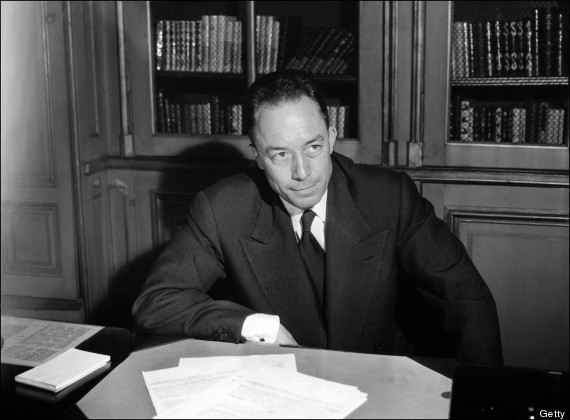
For French existential philosopher and novelist, over-thinking and over-analyzing can make us miss the moment.
“You will never be happy if you continue to search for what happiness consists of," said Camus. "You will never live if you are looking for the meaning of life.”
Epicurus
“Of all the means to insure happiness throughout the whole life, by far the most important is the acquisition of friends," said the Hellenic philosopher Epicurus.
The Athenian philosopher believed that friendship, more than anything else, contributed to the development of a healthy and fulfilling life. He lived this notion in his own life, creating a school called "The Garden," where he and his followers studied philosophy together in a close-knit community.
Friedrich Nietzsche
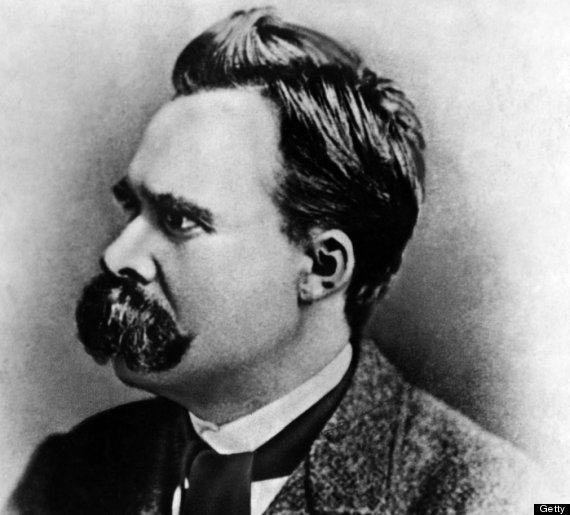
Nietzsche may have been a nihilist, but he still believed that there was one thing that truly made life worth living: The creation and enjoyment of art. Nietzsche was particularly fond of music, and loved to go see the operas of his German contemporary Richard Wagner (As he wrote, “Without music, life would be a mistake.")
He also said, “We should consider every day lost on which we have not danced at least once.”
William James
American psychologist and philosopher William James coined the term "will to believe" to refer to way that we are able to choose our attitudes and beliefs -- and in doing so, change our lives.
“Be not afraid of life," James wrote. "Believe that life is worth living, and your belief will help create the fact.”
Simone de Beauvoir
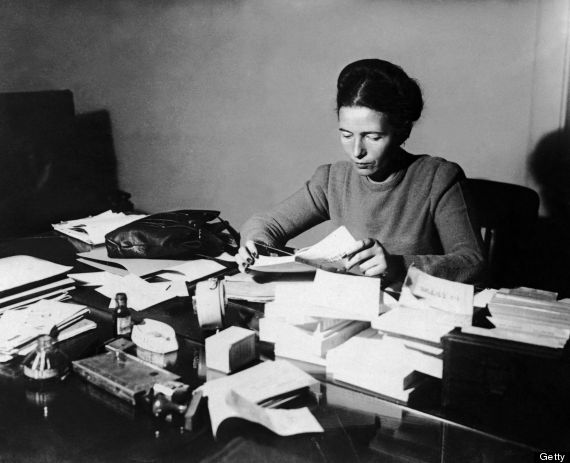
Feminist thinker Simone de Beauvoir -- the longtime partner of Jean-Paul Sartre -- believed that caring for others was what gave life meaning.
“One's life has value so long as one attributes value to the life of others, by means of love, friendship, and compassion," she wrote.
Thomas Merton
American Catholic thinker and mystic Thomas Merton believed that we could all find happiness -- if only we looked to our inner wisdom.
“We have what we seek," said Merton. "It is there all the time, and if we slow down and be still, it will make itself known to us.”
Marcus Tullius Cicero
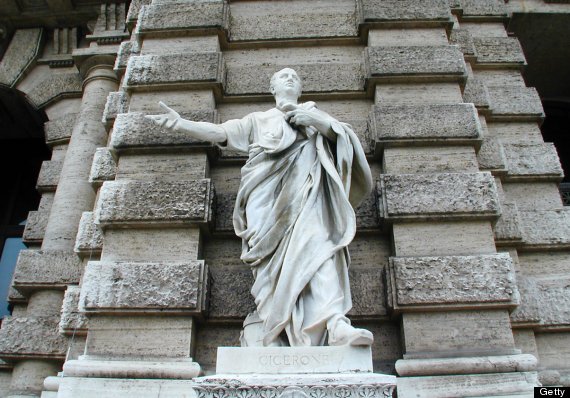
For the Roman philosopher and politician Cicero, cultivating the intellect was essential to the good life. He once said that all you need in life is a garden and a library, and many times waxed poetic about his love of reading.
“Read at every wait; read at all hours; read within leisure; read in times of labor; read as one goes in; read as one goest out," said Cicero. "The task of the educated mind is simply put: read to lead.”
